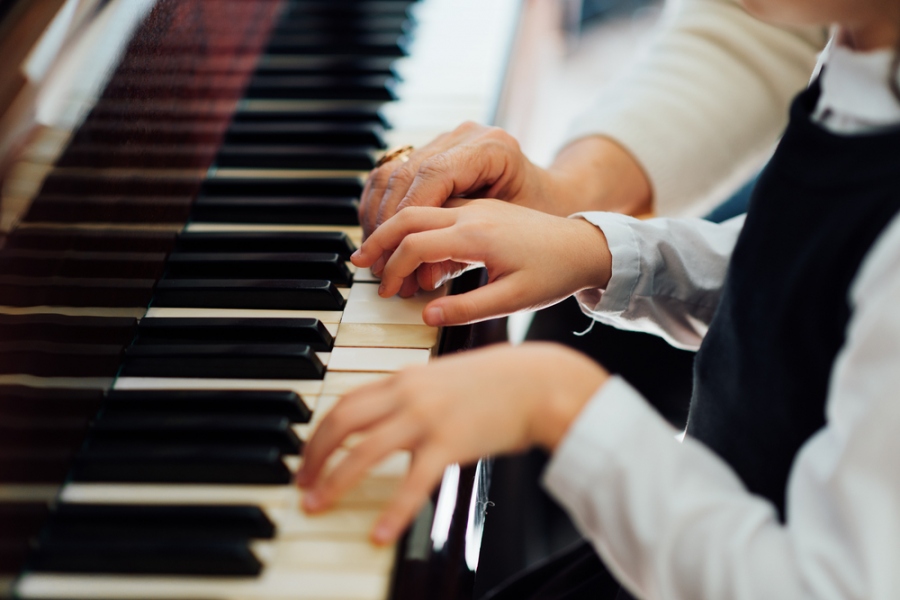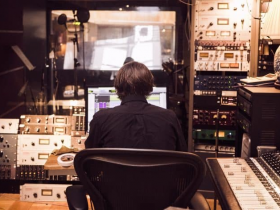Some people are musically gifted and are able to play a musical instrument, such as the piano, with minimal supervision. A lot, however, need to learn how to play it via formal lessons in order to play a song or two. If you belong to the latter group, then perhaps it’s best that you start taking piano lessons, as not only does it help you achieve your goal of playing songs on the piano, but as well as help you with other stark benefits that you’ve never expected.
So why do we say piano lessons offer a string of practical benefits? Below are a few good reasons to look at:
- You get to possess an extra skill to entertain a crowd.
If you working in industries that require a lot of socializing, then it is a must that you know how to keep a crowd engaged. In this light, being able to play the piano helps in entertaining the people you are with, especially in times when they are getting bored.
Playing the piano is also useful when you are trying to impress an audience. When you are trying to get their attention and there is a piano or keyboard around, you can start playing a song for them to listen to, and eventually notice that you’re the one playing it. It would then be easier to strike a conversation with your targeted persons afterwards now that they were impressed by your performance.
- You master the art of patience.
Piano lessons have different segments and in order to play well, you have to master each of these by heart. It’s not easy, because some of the lessons sound so similar to each other, only piano masters are able to detect mistakes. In this regard, if you are eager to perfect the craft of piano playing, you will then realize the value of patience and practice it as you go through your lessons. You are able to stay cool and calm whenever you commit mistakes, and likewise take time practicing the tunes until you get them right.
- Playing the piano improves your dexterity.
Just like with other instruments, playing the piano hones your dexterity, as you utilize both hands and feet during a performance. The left hand becomes in charge of the bass notes, while the right hand puts the melody of the song in place; the feet also takes part in a piano performance by stepping on the pedals that change the instrument’s sound.
- Increased concentration.
Piano is an instrument that requires attention to detail. When playing it, you become focused on the notes you play and how you are able to play them harmoniously. Without you knowing it, you develop your ability to concentrate, not only on the piece that you are studying, but also on other activities too. You get to render the same amount of concentration to other tasks that matter to you, not just playing music, later on.
- You develop a better appreciation for music.
Through piano lessons, you not only become acquainted to classical music; you are also exposed to various genres, most of which you never expected could be played by the piano. You then develop the interest and desire to play these pieces and add your own rendition to them, using piano as your medium. You likewise have the urge to research, look for more pieces to play, and feel excited when more challenging songs or musical scores come your way.
























